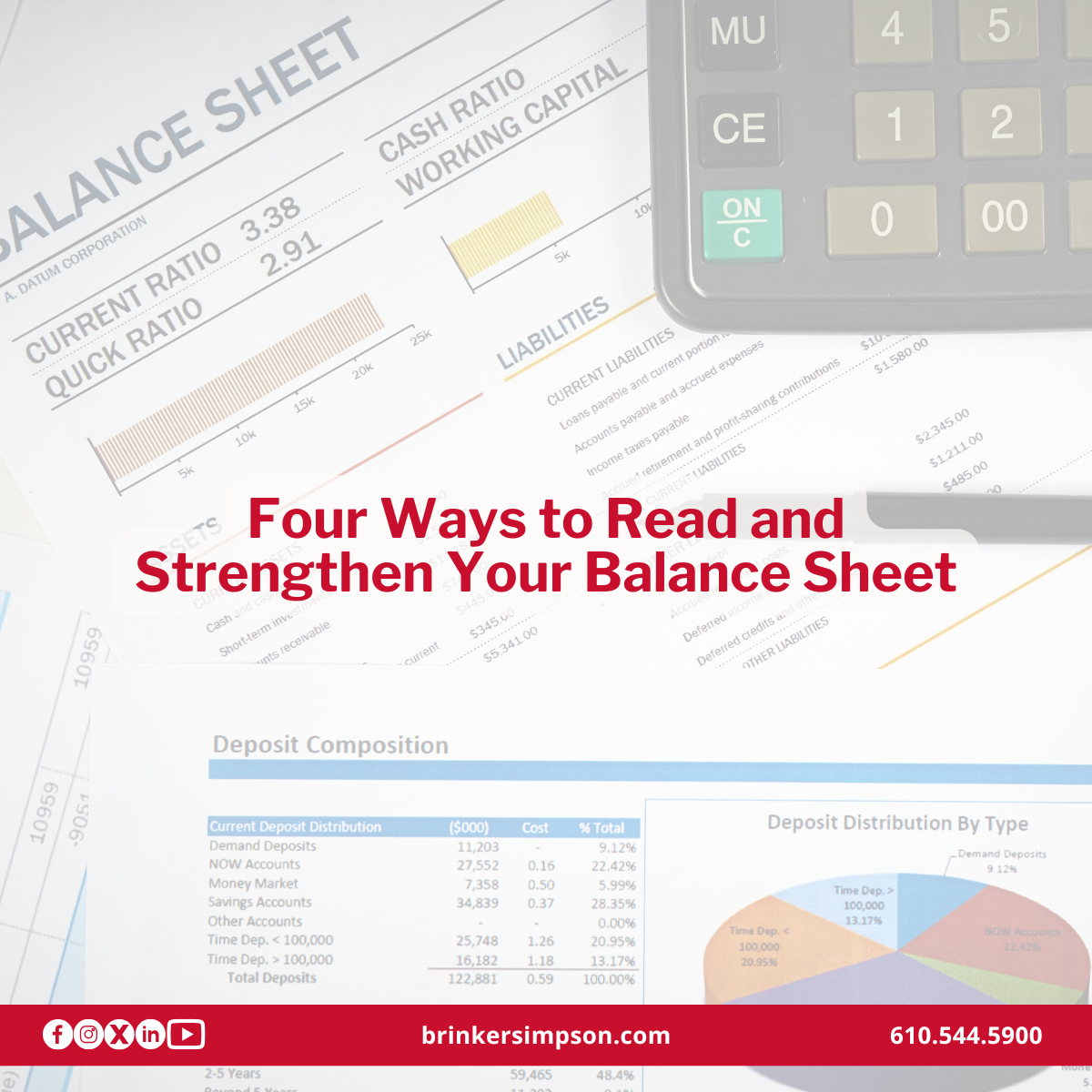![]()
Reasonable compensation for owners of S Corporations is an IRS audit issue.
What is Reasonable Compensation for S Corp Owners?
Reasonable compensation is the perennial audit issue for S Corporations. What exactly is the problem?
Owners of S Corporations are both shareholders and employees. They are compensated in two ways:
- The business pays distributions to the owners. Distributions are subject to income tax, not Social Security or Medicare tax.
- The business pays wages to the owners. Wages are subject to income tax, Social Security tax and Medicare tax. Wages are paid through payroll and will be reported on Form W-2 at the end of the year.
The IRS requires that W-2 wages meet a standard of "reasonable compensation" for services provided to the business. Reasonable compensation is a minimum threshold. The company can pay more.
However, the calculation of a reasonable salary is frequently subject to debate. And the discussion leads to IRS audits.
In practice, S Corp owners prefer to maximize owner distributions and minimize owner payroll. This will reduce employment taxes.
In contrast, the IRS prefers that S Corp minimize owner distributions and maximize owner payroll. This will increase employment taxes. Therein lies the conflict.
Do I Have to Take a Salary from my S Corp?
In short, Yes! You do have to take a salary from your S Corp. Salary (W-2 wages) is the tool the IRS uses to ensure that S Corporation owners pay their share of payroll taxes (self-employment taxes).
It will be evident on your tax return if you do not take a salary from your S Corporation because the line for Owner's Compensation on the return will be empty.
So, if you do not take a salary, the chances of being audited by the IRS are high.
IRS Audits of S Corporations
Shareholder compensation is frequently the subject of IRS audits. Auditors examine the company's books to determine if the business paid sufficient wages to the owners to meet the reasonable compensation standard. This standard is a calculation that hinges on the replacement cost of the worker, fair market value, job title and business location.
If the IRS auditor determines that an S Corporation paid insufficient compensation to its owner, the IRS will reclassify distributions as wages subject to employment taxes. In such case, the business would become subject to additional employment taxes (plus interest and significant penalties), as if the business had paid the amount in question as wages. This is a risk that few businesses want to bear.
The expansion of IRS enforcement activity, set to begin in 2022, including massive funding increases for IRS audit staff, will worsen the situation. We expect that high-income taxpayers and their S corporations will be the focus of IRS attention and IRS audits over the next few years. Compliance with reasonable compensation requirements will be an obvious target of these audits.
What is Reasonable Compensation for an S Corp: Calculations
Reasonable compensation is a facts and circumstances determination based on case law. Here are some of the factors that should be considered when calculating if wages paid to the owner of an S Corporation are reasonable or not:
- Training and experience
- Duties and responsibilities
- Time and effort devoted to the business
- Dividend history
- Payments to non-shareholder employees
- Timing and manner of paying bonuses to key people
- What comparable businesses pay for similar services
- Compensation agreements
- The use of formulas to determine compensation
As a rule, reasonable compensation is calculated as the cost to replace the employee (or owner) doing the work. We do not consider work over 40 hours per week.
Reasonable compensation is not the same as the net income of the business. Furthermore, reasonable compensation is never an arbitrary percentage of the business's net income.
Is There an S Corp Salary 50/50 Rule of Thumb? Or, How about a 60/40 Rule of Thumb?
The IRS and the courts do not recognize a "rule of thumb" related to the compensation of S Corporation shareholders. It is a myth that a 50/50 split between distributions and wages, or any other rule of thumb, is regularly accepted by the IRS when auditing S Corporations.
In practice, it is usually highly advantageous to the taxpayer to determine compensation based on how much time the business owner spends performing different company tasks. This is the "cost approach," which is best to use when the owner provides many other services for the business.
Therefore, don't guess and split the time between management and operational tasks. Instead, calculate compensation based on the cost of specific tasks, allocated according to the percentage of time spent doing those tasks.
How to Pay the S Corp Owner
At our CPA firm, we generally recommend that our clients use a payroll company to handle the mechanics of issuing wages to employees, including the officers of S Corporations. Don't do this yourself. Running payroll is a lot of work, and it is easy to make a mistake that can cost you plenty in interest and penalties.
Here are some of the steps to keep in mind relating to payroll:
- The business pays half of the payroll taxes (7.65%). The employee (including the S corp shareholder) pays the other half through withholding. These taxes are submitted to the IRS electronically on a regular basis throughout the year.
- Form 941 is submitted to the IRS every quarter. Form 940 is submitted to the IRS once a year.
- Form W-2 is provided to each employee at the start of the new year, with an electronic copy to the IRS and sometimes the state.
- The business must pay unemployment tax (FUTA) to the IRS and often to the state (SUTA).
- The business may have to pay for worker's compensation insurance and state disability insurance.
Remember, these steps apply both to payroll paid to the officers of the S Corporation, as well as to other non-officer employees.
These steps do NOT apply to distributions taken by the officers of the S Corp, which are not included in the payroll.
There is no required frequency of payroll for S Corporation officers. Sometimes, officers take a few payrolls during the year, with a large payroll before year-end. Also, the amount of individual payrolls is up to you and may depend upon personal needs or the cash flow requirements of the business.
Important: Reasonable Compensation Report for S Corp Owners
Businesses should proactively determine reasonable compensation well before the audit starts. It is not enough to prove reasonable compensation after the audit begins.
We require most of our S Corporation clients to have a Reasonable Compensation Report on file. The Report contains detailed calculations as to how owner compensation was determined. The Report provides proof that the compensation of the owner complies with IRS standards for reasonable compensation. The Report includes highly detailed research based on IRS criteria, court rulings, geographic data and our database of wages.
Our clients bring out their Reasonable Compensation Report in the event of an audit. In most cases, the resolves the audit nightmare before it even begins.
Additional Considerations for S Corporation Owner Salaries
Wages do not only impact reasonable compensation for S Corp owners. They also impact maximum contributions to retirement plans. If wages are too low, the business owner may miss out on valuable tax deductions and retirement planning.
The same applies to calculations of social security benefits upon retirement based on wage history.
At our CPA firm, we calculate compensation for S Corporation shareholders in three ways:
- S Corporation wages that meet the requirements of the IRS (reasonable compensation)
- S Corporation wages that will allow the shareholders to maximize contributions to a retirement plan
- S Corporation wages that will maximize social security benefits upon retirement
This three-way calculation results in what we call the S Corp "sweet spot." The wage level will satisfy the IRS and allow you to maximize your future benefits. Amounts over the sweet spot may be paid to the S Corporation owner through distributions.
We recommend that all S Corporations go through this calculation every year.
Do you have an S Corporation? Are you considering an S Corporation for your business? Contact our team today to discuss an officer compensation plan that will withstand an IRS audit and allow you to meet your retirement goals.



